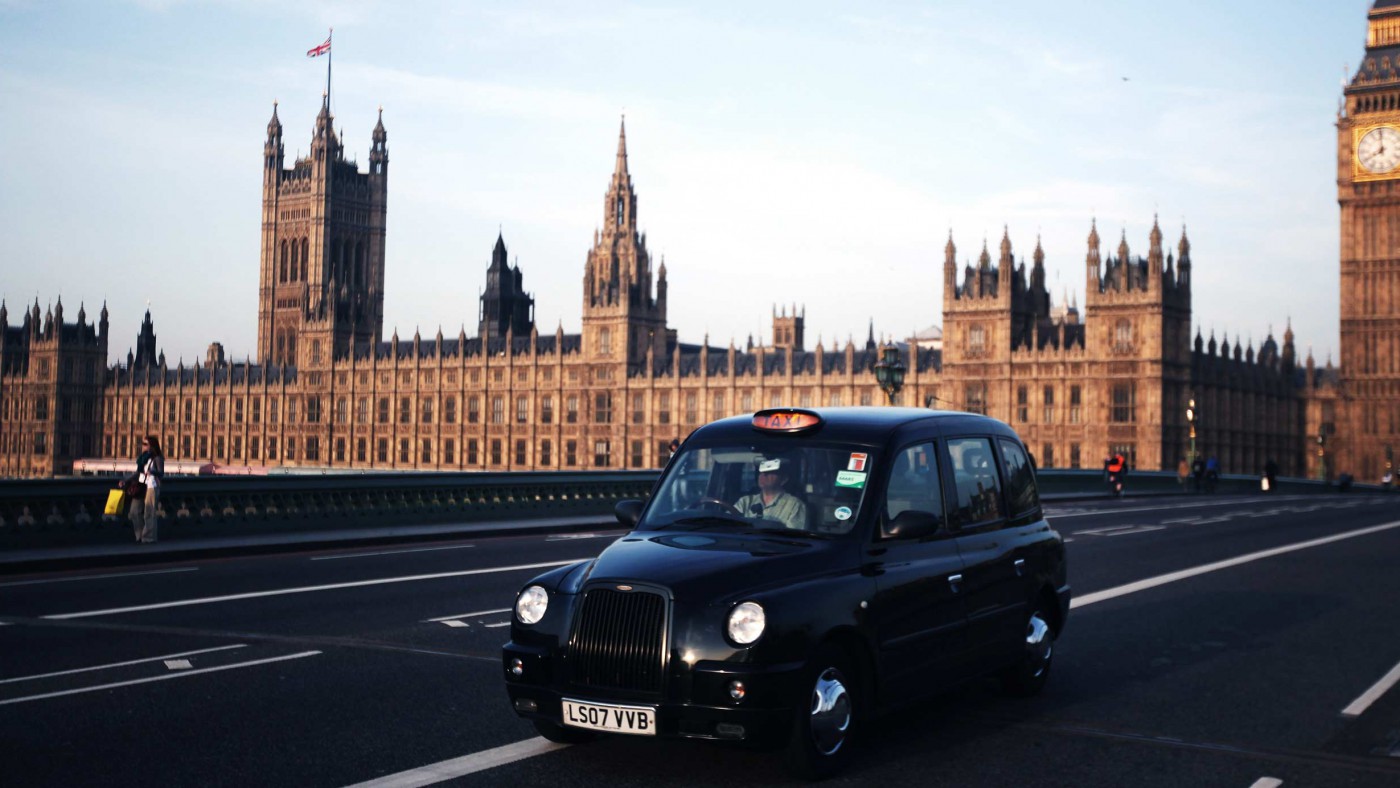Last time I wrote about Uber, I provoked a minor twitter storm. People from all over the world tweeted to tell me how I was wrong, or misguided, or just plain heartless. Many informed me about #ubered, where dissatisfied customers can share Uber horror stories. (For the record, I am aware that people can have bad Uber experiences, as they can in any industry. I just don’t think that merits a blanket government ban.) Others got personal, and one gentleman even compared my admiration for Uber’s highly convenient system to supporting Assad in Syria.
But alongside these accusations were some serious concerns about what is to become of London’s black cab drivers if the streets are left free for new competition. Don’t I care about those who put a huge amount of effort into training for a career, meeting costly criteria to comply with complex regulations, and spent years perfecting skills, only to face unexpected competition from upstarts who have had none of those challenges?
The answer, perhaps surprisingly, is yes. But that’s just the starting point.
First, let’s consider the costs of being a taxi driver. Whereas other cities have a taxi medallion system (which has its own problems – the price of a New York medallion has hit over $1 million), London has “the Knowledge”. This test, which is apparently “amongst the hardest to pass in the world, it has been described as like having an atlas of London implanted into your brain”, requires the driver to learn by heart 320 basic routes, and over 25,000 London streets. It takes two to four years of training to pass.
No one can claim that being a London taxi driver does not require skill. London is a maze, with little logic to its streets, and passing the Knowledge is a formidable task. However, it is 2015, and 99% of the London population now have GPS on their phones. No, a satnav is not the equivalent of four years of intense training and a lifetime of navigating London’s backstreets. But for the most part, it’s good enough.
That means good enough when you’ve missed the last tube and need to get back from Vauxhall to Archway at 2 o’clock in the morning. It means good enough for getting from work in Westminster to a lecture in Green Park when you’re starting off on a side street where black cabs seldom venture. And it means good enough if you’re prepared to add 10 minutes to your journey in favour of saving £10 off the fare. Simply put, if the people of London didn’t think Uber was good value, even if its drivers aren’t native Londoners, they wouldn’t be using it. The fact is, 500,000 people are.
Black cab drivers who previously enjoyed a monopoly in exchange for their time-intensive investment are now facing a new form of competition. But it’s not like Uber’s arrival in London is the first time this has happened. In an FT interview from March 2015, black cab driver Anthony Whiteford points out:
“When I started there was no Heathrow Express — you got three airport jobs a week but now it might be three a year. There was no minicab licence.”
Does that mean the Heathrow Express (which costs £21.50 one way) should have been banned, for offering travellers a trip to the airport which is actually affordable? Or that minicabs shouldn’t exist? Perhaps a better question is how much we are prepared to inconvenience and overcharge general consumers, for the sake of a select few in one particular industry.
And that’s the side of the argument that goes unnoticed by the taxi lobby, desperate to point out how “unfair” Uber is. It is unfair to ban consumers from buying a service they find useful. It is unfair to stop someone from working because they do not meet standards which, though useful, are not necessary for their job. And it is unfair if, when I flag down a black cab at 4am and the driver says he won’t take me home because it is too far, I am not permitted to request a driver who will.
In short, it is unfair to punish all of London because 20,000 or so drivers invested in a qualification which is becoming redundant.
What can be done now? What is always done when jobs are changed or destroyed due to technology: adapt. What’s to stop a cabbie offering driving lessons part-time, and only driving a taxi at the most profitable hours? Or setting up a delivery business, or becoming a private chauffeur? Or perhaps some would prefer to retrain – and here maybe there is a role for the government. Investment in adult education and funding for training programmes could help taxi drivers transition into areas where their skills are needed.
It wouldn’t be easy. But then, cabbies are not alone. Journalism, entertainment, and the music industry have all had to overhaul their business models in the past decade. Before that, shops offering printing services and developing film photographs struggled, as did retail – and the list of jobs disrupted by Amazon and eBay is endless. It’s hard, and it hurts, and some people never recover, but many more suddenly have access to services they never could have imagined, and some even find new opportunities to flourish.
So I do feel bad for the cabbies, who thought they had a job for life and are now facing the horror of uncertainty. But not bad enough that I’m prepared to see London grind to a halt because, while everyone else scrambled and progressed, the taxi drivers are determined to stand still.


